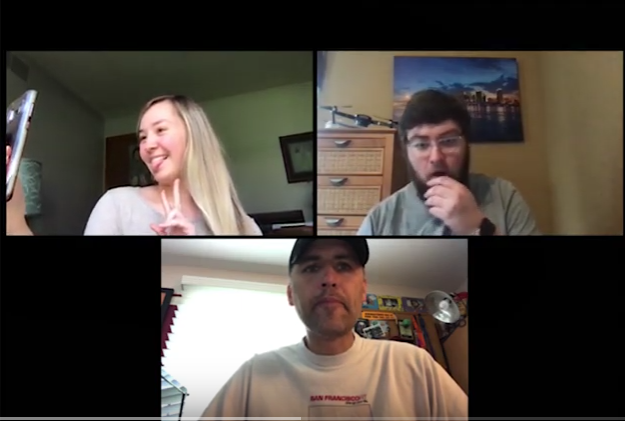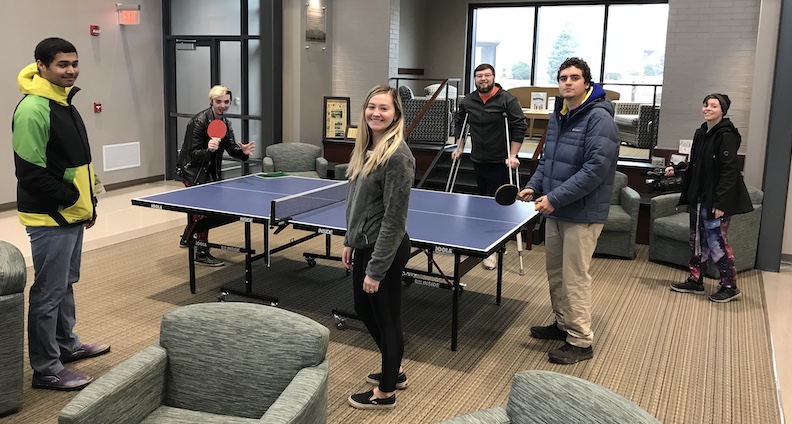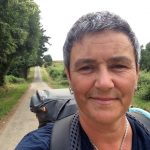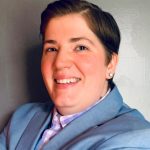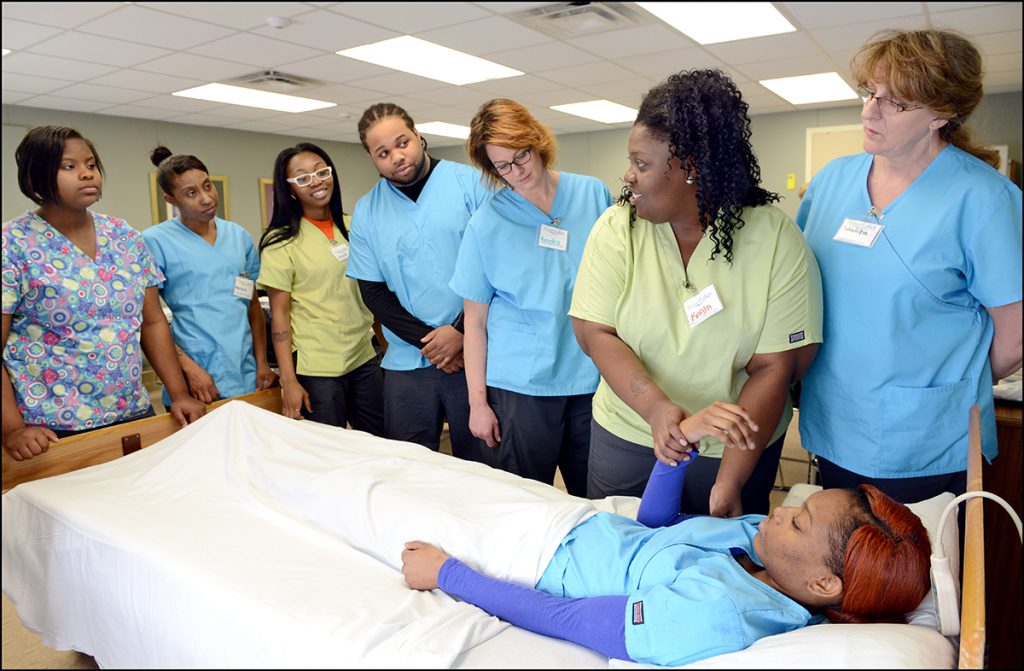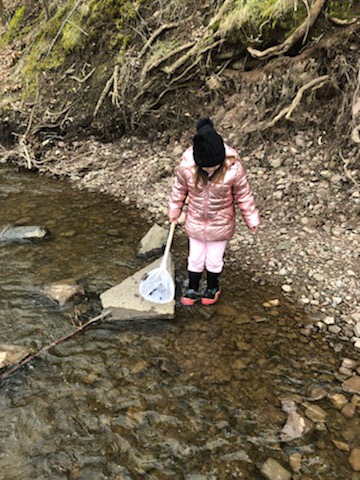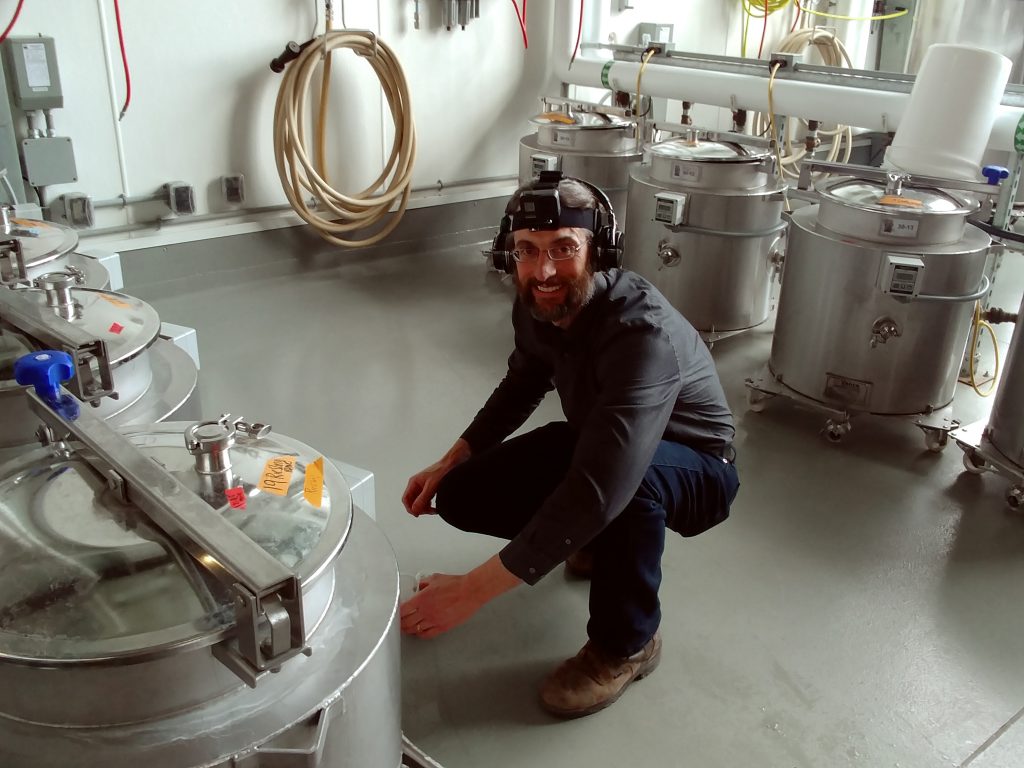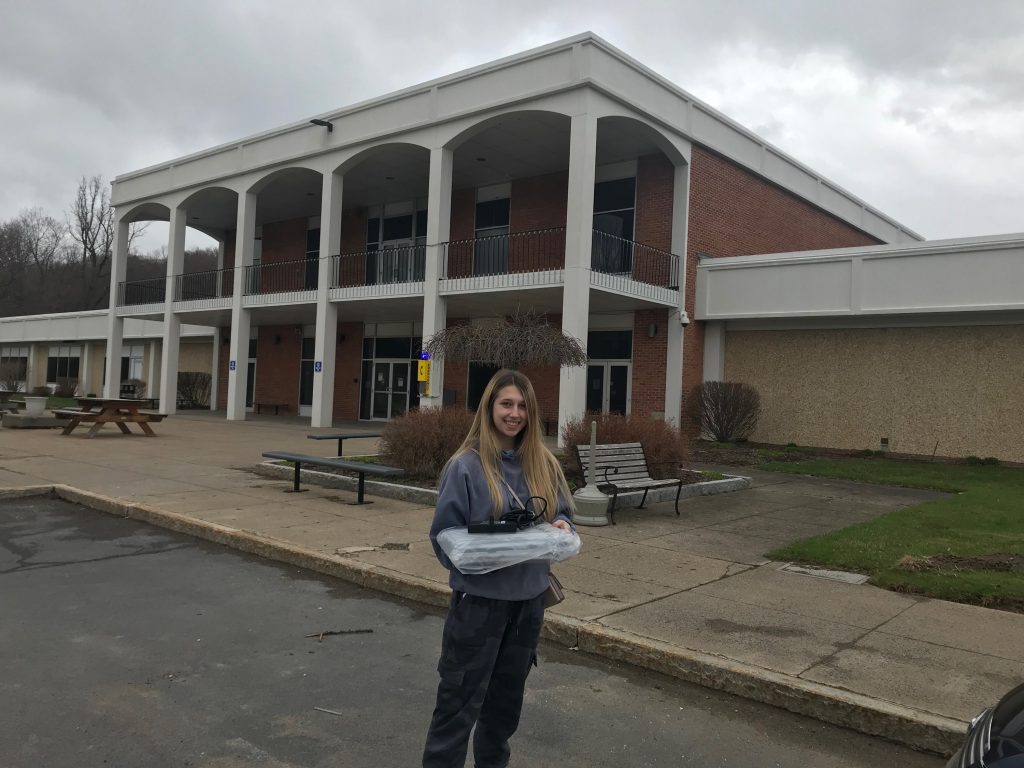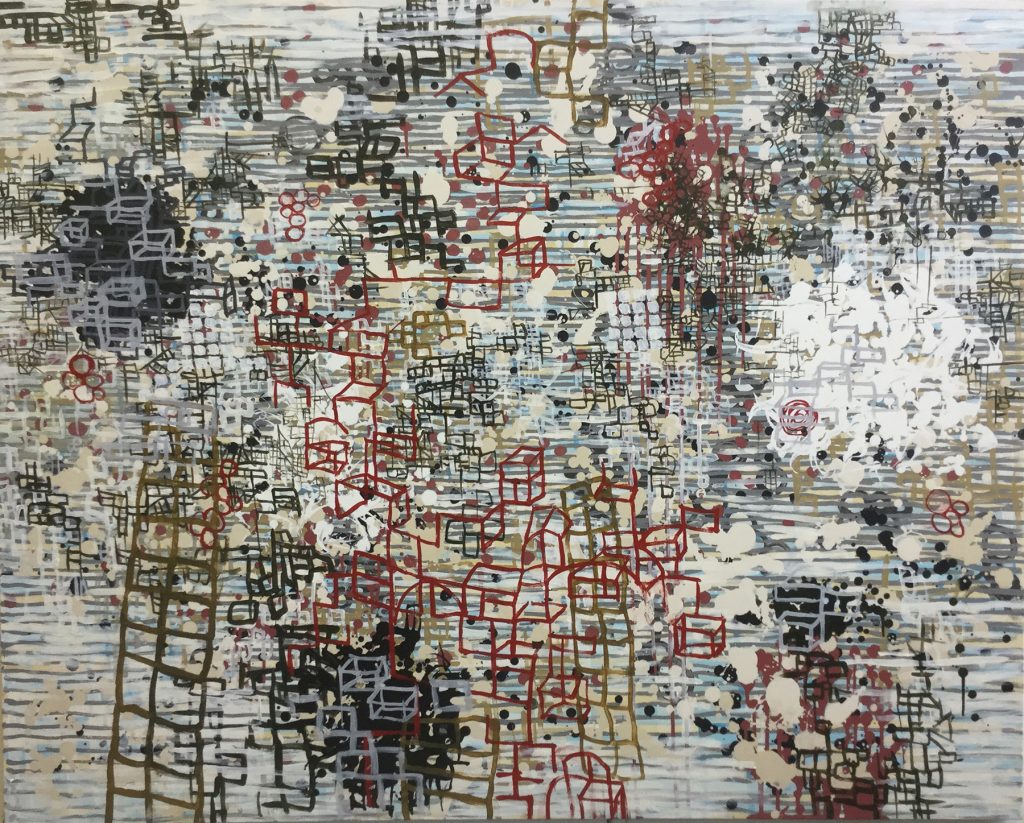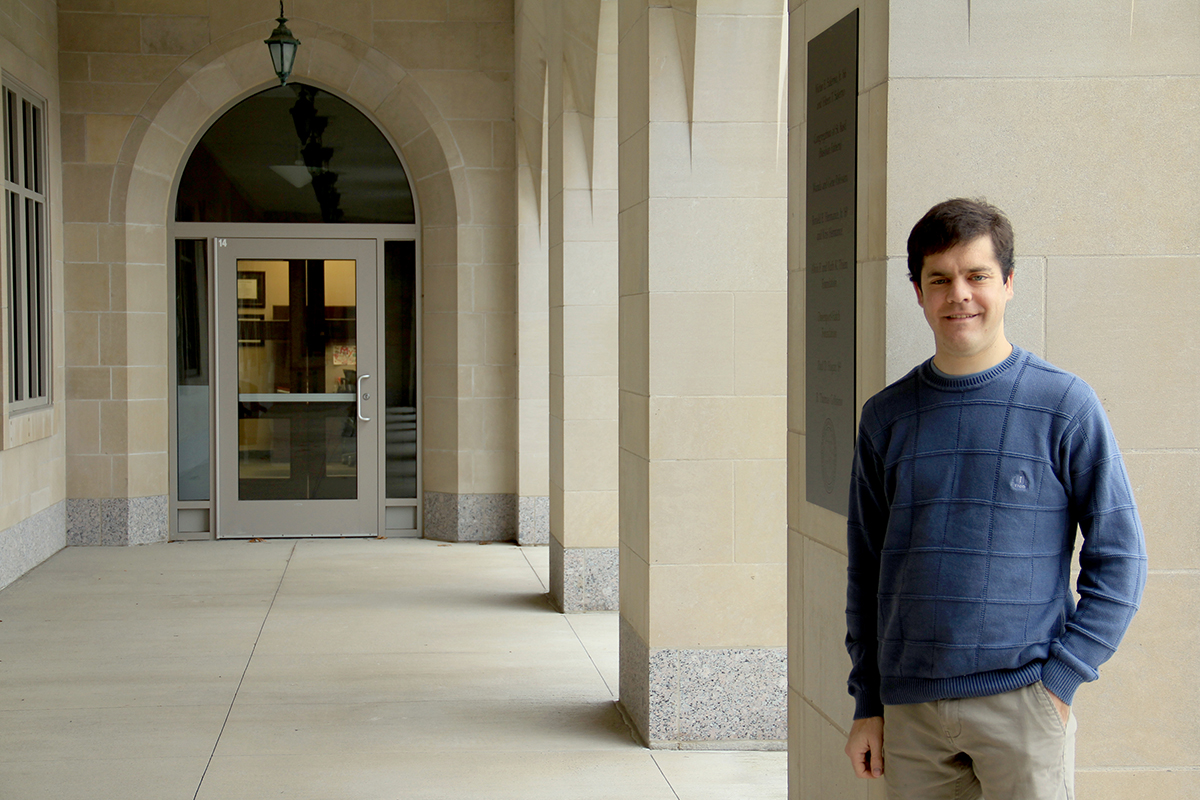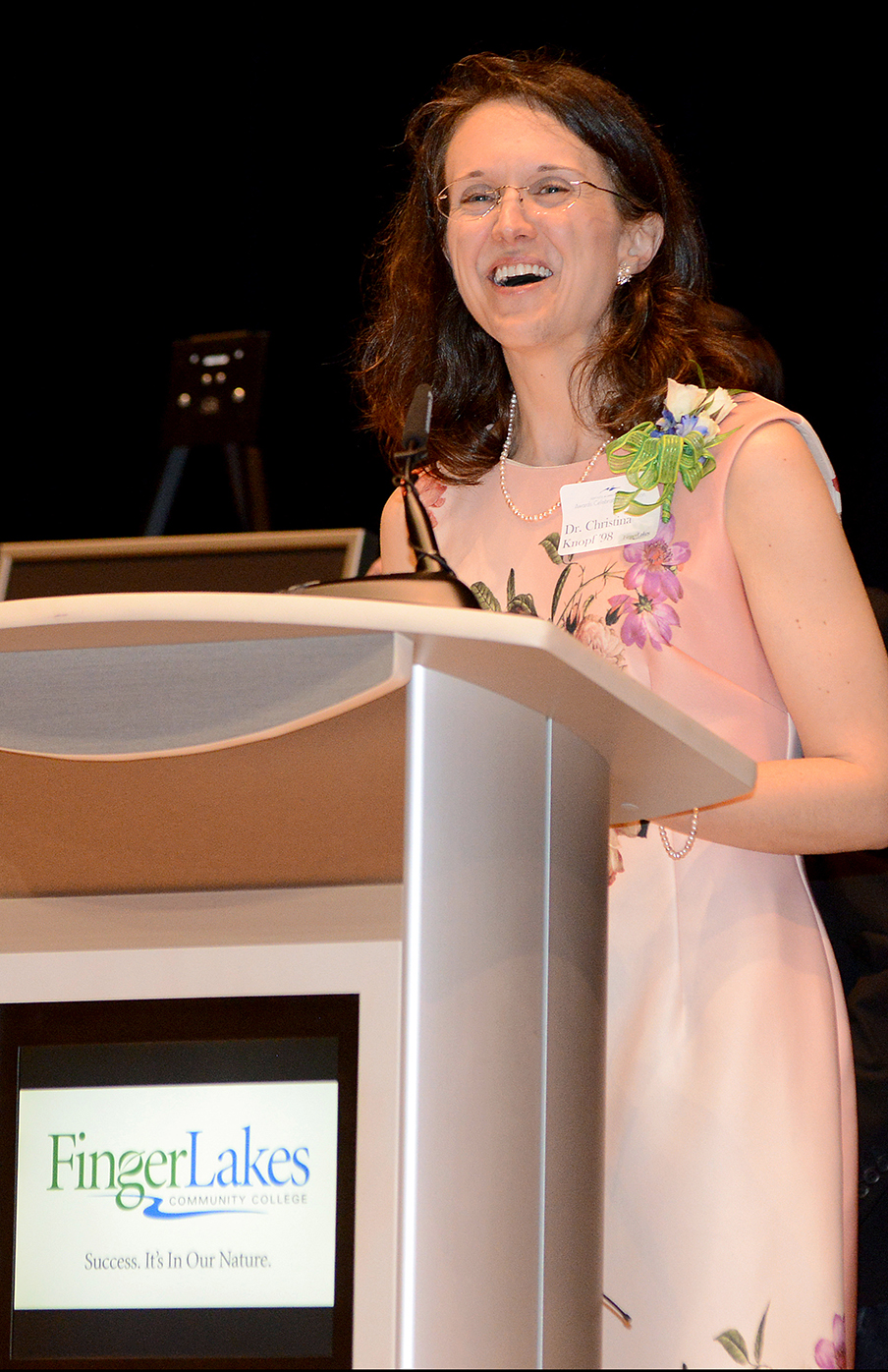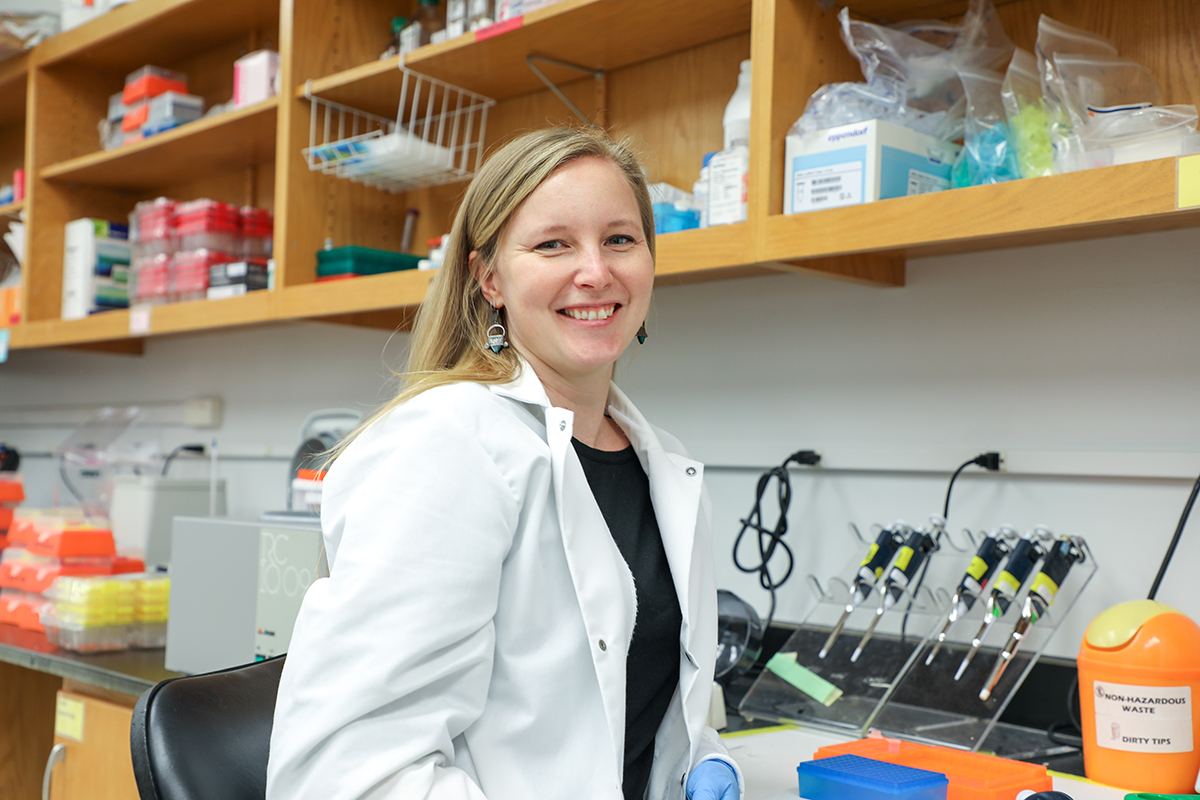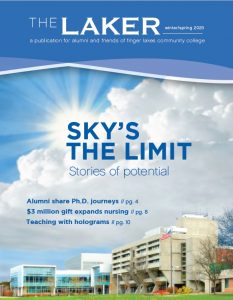Members of a local band with several ties to FLCC have come together to create a virtual celebration in song for the Geneva Campus Center and 2020 graduates.
Four of the seven members of the Geneva-based band, The Cool Club & Lipker Sisters, recently recorded themselves performing several songs while safely masked. The video was created initially to serve as a virtual end-of-semester celebration for the Geneva Campus Center; it was shared earlier this week with the center’s students, faculty and staff.
“This is a special gift for our students, especially the graduating class of 2020, and an opportunity to bring joy during this time where we all feel challenge, uncertainty, and struggle,” said Leigh Pitifer, assistant director of the Geneva Campus Center.
Three of the performing band members are sisters Marilla, Elizabeth and Grace. Elizabeth is a May FLCC human services graduate, while Grace recently earned her high school equivalency diploma after taking preparatory classes at the Geneva campus. Marilla also has a connection: She is married to the son of Tomas Gonzalez, director of academic advising, career and transfer services, and Dawn Langdon, director of financial aid. The sisters were joined in song by guitarist Rick Hoyt, husband of Anne Hoyt, adjunct instructor and tutor at the Geneva center.
The Cool Club and the Lipker Sisters have performed in numerous Finger Lakes venues, including Club 86, but have been sidelined due to the pandemic. They’ve put on a few socially distanced “porch” performances and a few virtual shows, including one to raise funds for the Geneva Center of Concern.
The FLCC video features three songs: “Blue Skies,” “We’ll Meet Again,” and a version of “I Will Survive” reworked for FLCC by Elizabeth ’20.
“I Will Survive,” FLCC-style
At first I was afraid I would flunk my class
That I’d work so very hard and just wind up in last
And how I spent so many nights thinkin’ about graduation time
How I was tryin’
And how it would be so sublime
But then it hit
And that was it
The covid 19 turned the world into a giant pit
And now I can’t walk the stage I can’t shake anyone’s hand but we still plan
And we will hug when it’s not banned
So you see me
Still got a degree
While some things may be different now they won’t stop me
Though I ain’t got no party time and I ain’t got now fancy talk
I don’t balk
And you know I’ll still walk the walk
So here you are
You made the cut
you can’t get your photo op but you got what you want
You did what you had to do
We all worked hard to get through
So here’s to you
Grads of 2020, WOO!
So you see me
Somebody new
All of FLCC is so proud of you
Take it right up to the line
And work hard and keep on tryin’
And you’ll do fine
We ain’t got no time for cryin’
Oh I
I will Survive
As long as I have my degree I know I’ll stay alive
I’ve got all my life to live and I’ve got all my love to give and I’ll stay strong
And I’ll learn how to get along
And we’ll come back
From social space
We can’t wait till we can see you with that smile upon your face
Keep on keepin’ on
And you’ll never go wrong
You’ll stay strong


